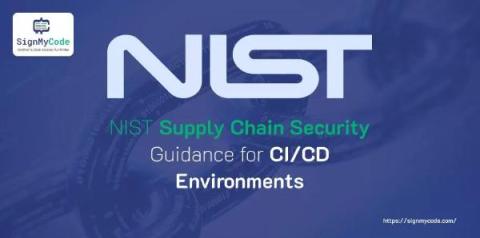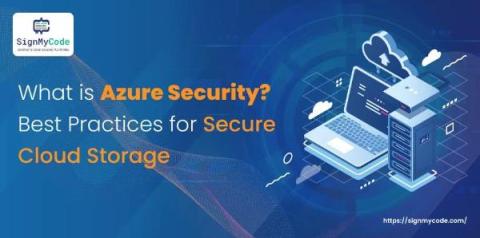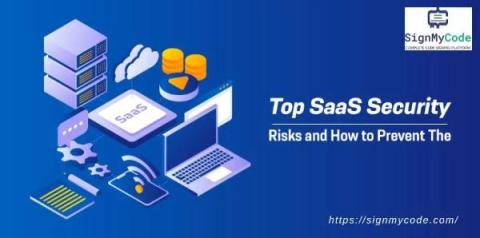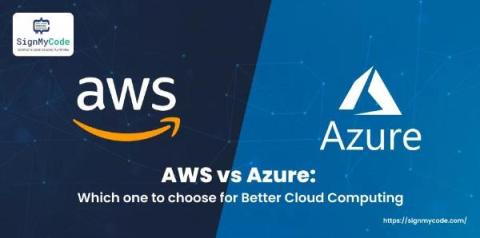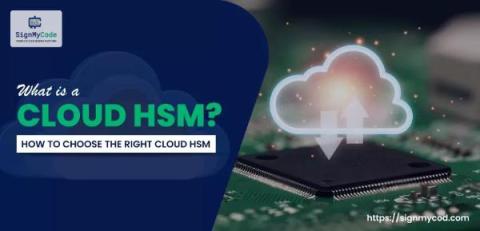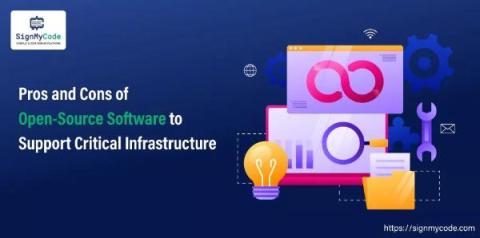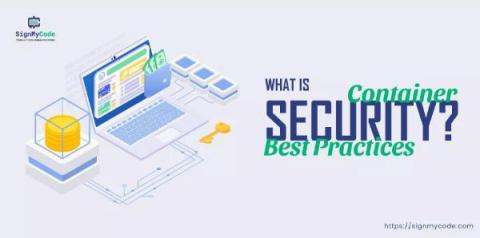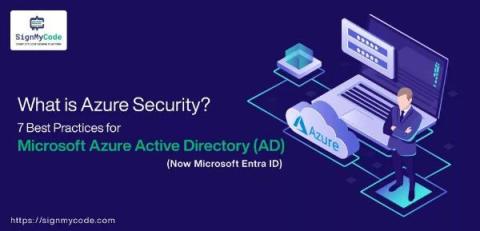NIST Supply Chain Security Guidance for CI/CD Environments
A CI/CD environment provides a foundation for the software delivery process by giving the ability to be deployed more quickly and without interruption. This notion, which is being automated and integrated, focuses on the CI/CD process. CI or continuous integration methodology, in other words, includes developers committing small changes to their code which gets authenticated, built, tested, and merged together to a common code repository, occurring on a constant basis.


